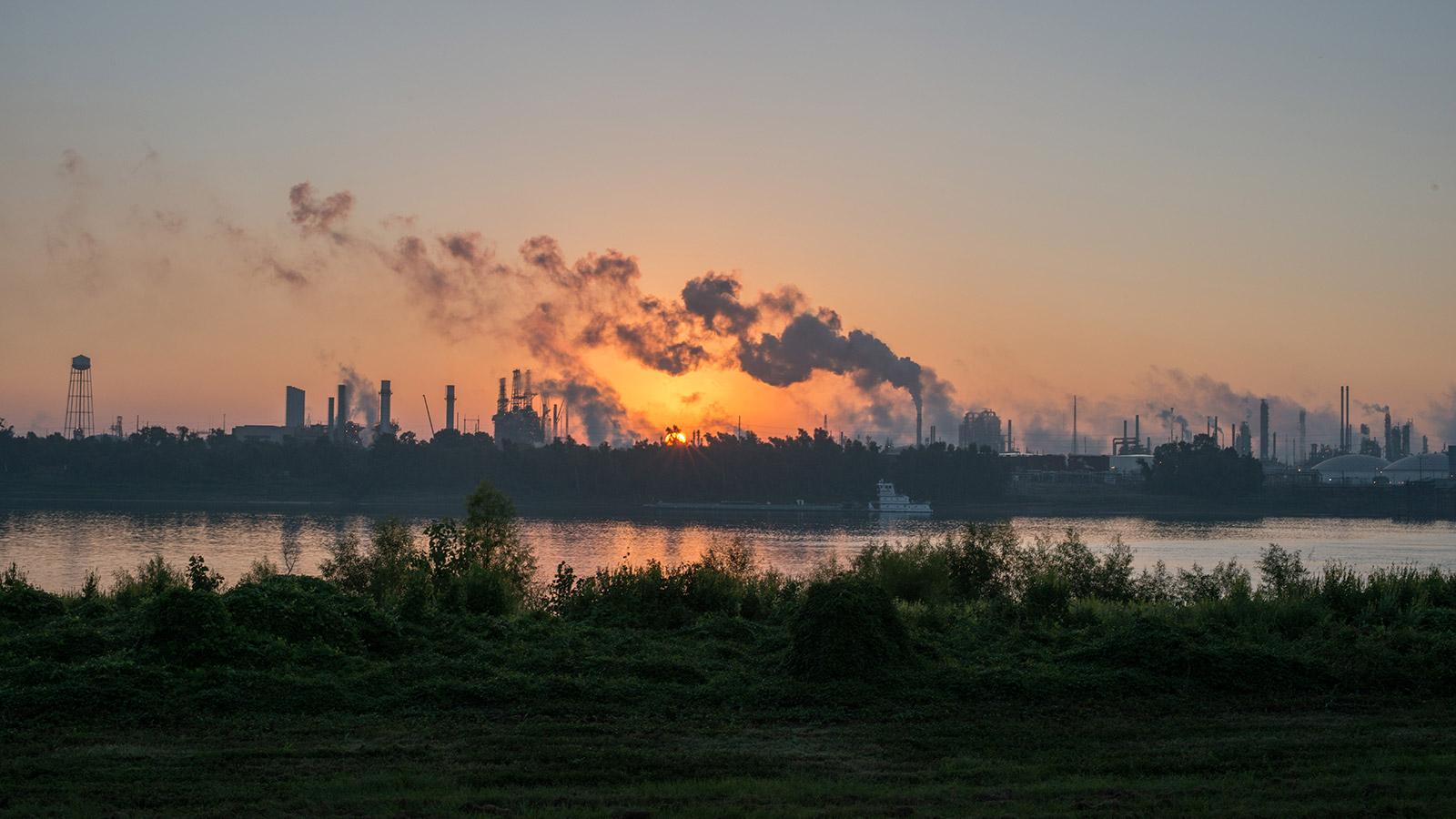For much of its 53-year history, the Environmental Protection Agency let civil rights complaints languish. From Flint, Michigan, to the industrial corridors of the Deep South, communities attempting to use federal civil rights law to clean up the pollution in their neighborhoods were largely met with years of silence as their cases piled up in the agency’s backlog. That changed in 2020, after a federal judge ruled that the EPA must conduct timely investigations of civil rights complaints, and staffers began looking into cases where they identified potential discrimination.
Now, a slate of red-state attorneys general are trying to stop the EPA from taking race into account at all. Twenty-three Republican attorneys general filed a petition with the Biden administration’s EPA last week asking the agency to stop using Title VI of the Civil Rights Act to regulate pollution. Advocates described the move, spearheaded by Florida’s Ashley Moody, as an attempt to strip the EPA of an avenue for tackling environmental justice, which the agency defines as “the just treatment and meaningful involvement of all people, regardless of income, race, color, national origin, tribal affiliation, or disability, in agency decision-making.” In their petition, the Republican attorneys general argued that in practice, environmental justice “asks the states to engage in racial engineering.”
The petition “reads as the next step in a series of actions designed to undermine our civil rights laws,” said Debbie Chizewer, an attorney at Earthjustice leading the organization’s efforts on Title VI. She described petitions to the EPA as important legal mechanisms to compel the agency to act. “It’s a real tool,” she said. “This is an abuse of that tool.”
Moody’s office told the Associated Press that the attorneys general would sue the EPA if it didn’t change its ways.
The most recent high profile civil rights complaint submitted to the EPA came from residents of Cancer Alley, the stretch of land on the lower Mississippi River in southeast Louisiana home to hundreds of industrial facilities, including a notorious plant owned by the Japanese chemical giant Denka. Starting in the fall of 2022, the EPA spent months negotiating with Louisiana’s environmental and health regulators about how to ease the toxic pollution around Denka and other plants that surround the region’s predominantly Black towns. But the whole process was called off after then-Louisiana Attorney General Jeff Landry (now the state’s governor) filed suit in May 2023.
Landry’s lawsuit attacked decades-old policies on environmental racism, challenging the EPA’s authority to regulate under Title VI. Even though the EPA dropped the complaint in June, the state pursued its litigation, and a federal judge ruled in Louisiana’s favor in January. Judge James Cain said that Louisiana and its “sister states” had found themselves “at the whim of the EPA and its overreaching mandates.”
Considered one of the most important provisions of the landmark 1964 Civil Rights Act, Title VI prohibits discrimination on the basis of race, color, and national origin in any program that receives funding from the federal government. This includes state agencies, which use federal dollars to administer pollution prevention laws such as the Clean Air Act and the Clean Water Act. Chizewer described the provision as vital, because “our environmental laws are not protecting all communities. ZIP codes determine your exposure to environmental harms and Title VI provides a backstop to eliminate that.”
Recent attacks on the EPA’s use of Title VI can be traced back to the final days of the Trump administration, when the Department of Justice attempted to push through a rule that would have changed the interpretation of Title VI to only cover intentional discrimination. For decades, federal agencies like the EPA have interpreted Title VI to include in their definition of discrimination “disparate impacts,” the idea that a policy or an agency decision can disproportionately hurt a specific group of people, regardless of whether it’s deliberate. The legal argument underpinning the Trump administration’s rule, as well as the Louisiana lawsuit and the most recent petition, is based on the Supreme Court case Alexander v. Sandoval. The 2001 decision, written by the late Justice Antonin Scalia, said that private citizens do not have the right to sue parties under Title VI, meaning the law’s protections could only be advanced by agencies like the EPA. The Republican attorneys general now want to peel back the agency’s ability to use Title VI, too.
Claire Glenn, a criminal defense attorney with a background in civil rights law, told Grist that the disparate impact interpretation of Title VI is necessary for keeping communities safe, since companies are wary of appearing discriminatory.
“We’re in an era where intentional discrimination is increasingly hard to prove, but discriminatory impacts are not going away,” Glenn said.
Title VI is one of a handful of federal regulations that can be used to protect communities from toxic pollution. The Clean Air Act requires states to regulate plants by industry, with each type of facility required to abide by certain standards that limit their emissions. But when companies try to build plants in already polluted areas, Title VI can be used to stop local governments from granting them permits. Over the past five years, the chemical industry has made a concerted effort to expand its footprint in Louisiana. Since the EPA dropped its Title VI case there, residents and advocates have had to find new ways to fight the expansion.
The EPA has not yet acknowledged Florida’s petition publicly. Chizewer said that the agency could choose to reject it out of hand, or accept it and start a process to change its own regulations.
“I think it’s a test for the EPA,” Chizewer said. “The EPA needs to stand firm and show the importance of this tool.”



